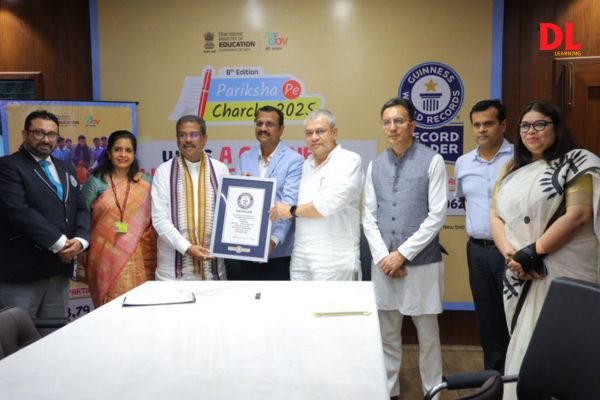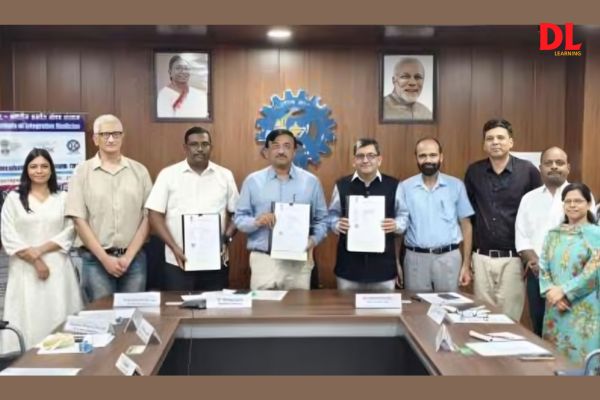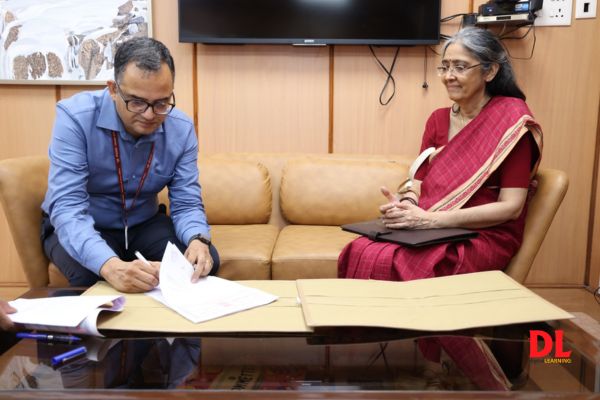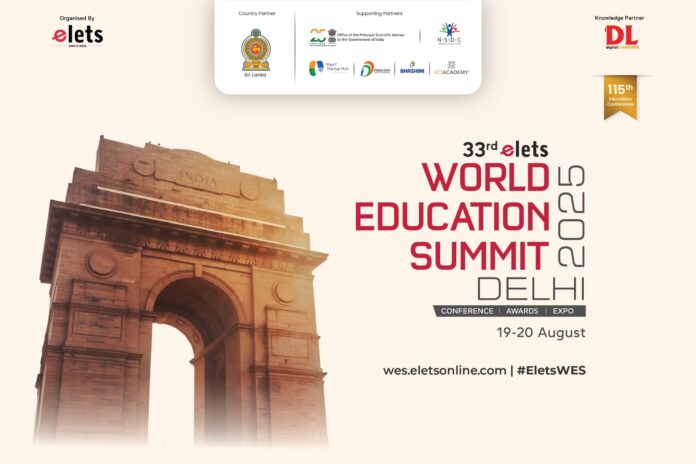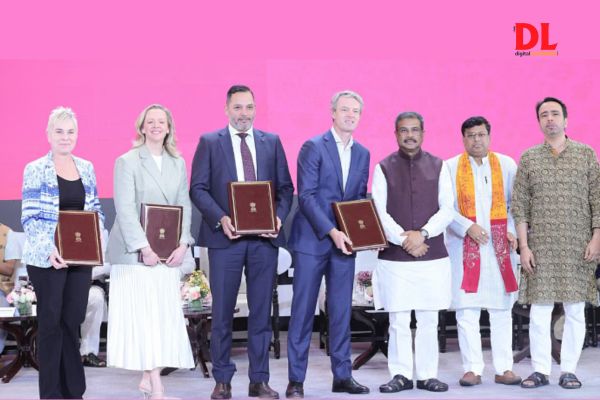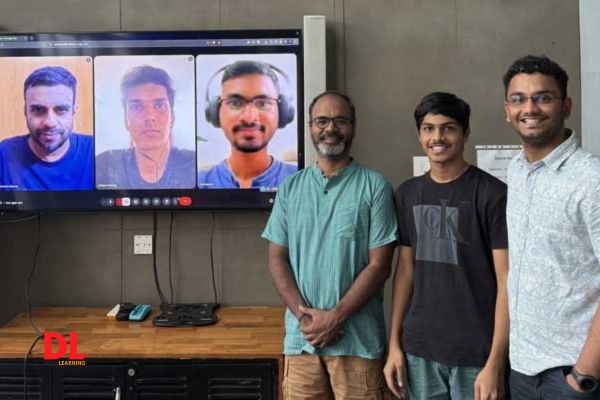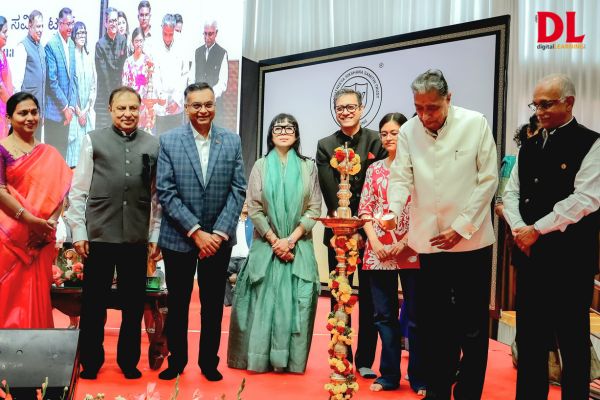Pariksha Pe Charcha 2025, the government’s flagship dialogue between students and Prime Minister Narendra Modi, has etched its name in the Guinness World Records for achieving the highest number of registrations on a civic engagement platform within a month. With 3.53 crore verified entries on the MyGov platform, the 8th edition of this student-centric initiative has set a global benchmark in public participation and digital outreach.
Launched in 2018, PPC is an annual outreach where the Prime Minister engages directly with students, parents, and teachers to encourage stress-free exam preparation. Over the years, it has grown into one of India’s largest platforms for student engagement, aligning closely with the goals of NEP 2020, which promotes holistic and inclusive learning.
Celebrating the recognition, Union Education Minister Dharmendra Pradhan expressed pride on social media platform X, sharing the moment with Ashwini Vaishnaw, Minister for Electronics, IT & I&B, and Jitin Prasada, Minister of State for Electronics and IT. He acknowledged the overwhelming response, highlighting over 21 crore cumulative viewership across television and digital channels for PPC 2025.
The official Guinness World Record certificate was presented in a special ceremony in New Delhi, attended by key Union Ministers and top officials from the Ministry of Education and Ministry of Electronics & IT. Rishi Nath, official adjudicator from Guinness World Records, validated the record.
Also Read: IIT Jammu, CSIR-IIIM & startups forge Alliance to boost innovation, entrepreneurship in J&K
Ashwini Vaishnaw noted that this mass participation reflects growing trust in digital governance and youth-focused initiatives, while Jitin Prasada credited the seamless technological infrastructure of MyGov for enabling such large-scale civic engagement.
The Ministry underlined PPC’s role in fostering emotional well-being, academic mindfulness, and exam confidence among millions of students nationwide.







